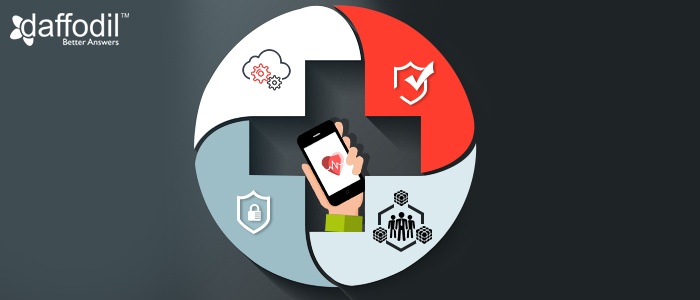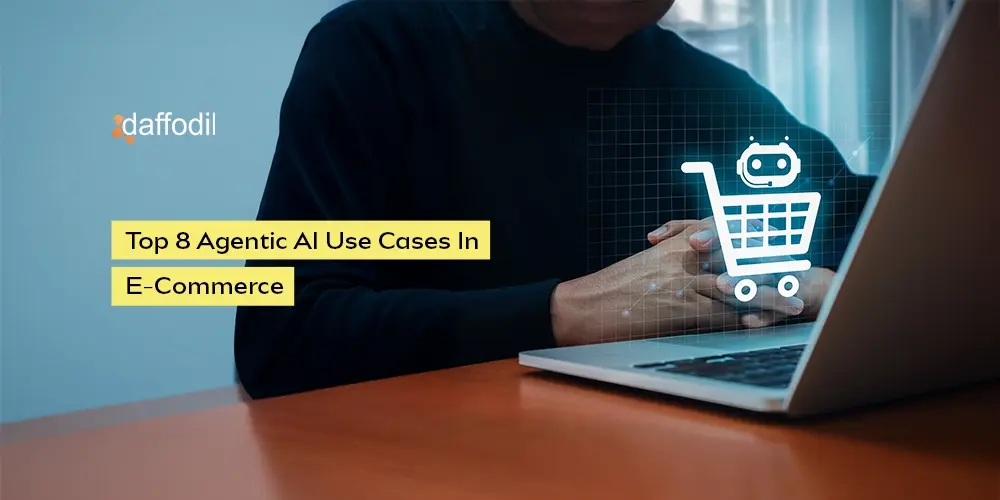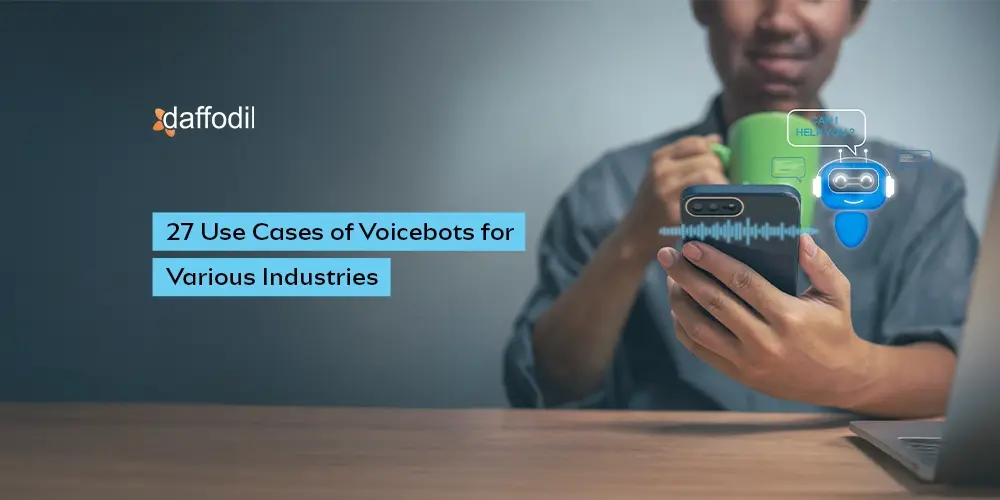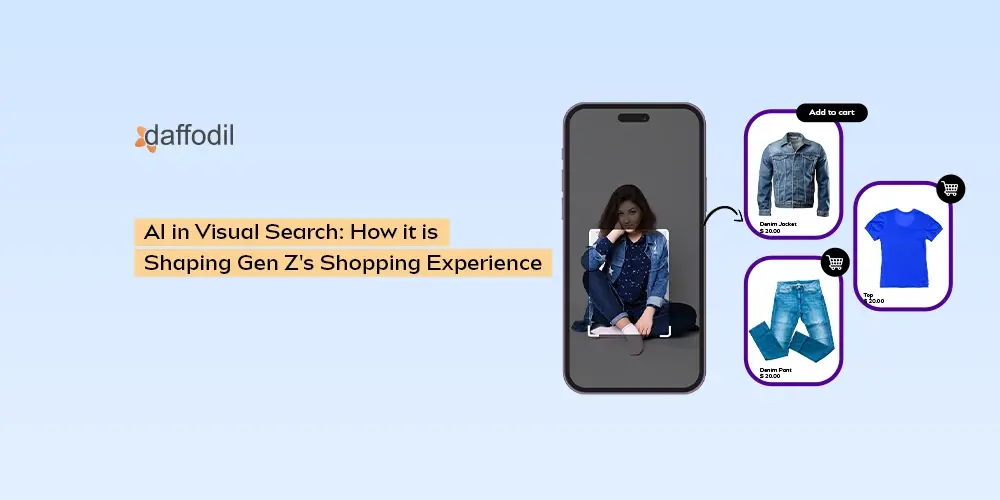
“Over 2.3 billion users across the world are using smartphones. There are 4 billion mobile apps and 325 million connected wearable devices used worldwide.”
This steep rise in adoption of mobile platforms and smart devices has broaden up ways for physicians, hospitals, and other healthcare associations to deliver real time care and information to the users.
Healthcare management applications (mHealth apps) have successfully build a channel to communicate, facilitate, and deliver healthcare services via mobile devices. And that being so, it’s quite easy to believe the projection that the digital healthcare market will reach 206 billion by 2020.
Loopholes and Challenges in HealthIT
The opportunities and possibilities that healthcare application development bring into the healthIT world includes improved connectivity, efficiency of care, and have reduced costs. However, this came in with new challenges in HealthIT. Consumers are still hesitant in sharing their personal information due to threats in data security systems.
In order to overcome these challenges, the healthcare industry follows a set of regulations and compliance that ensures seamless flow of data and information, along with its security.
1. Health Insurance Portability and Accountability Act (HIPPA): Mobile applications that are HIPPA compliant ensures that they are secure, and thus the sensitive data of the patients and the businesses remain protected when saved on mobile devices or transmitted through the client-server model.
2. Food and Drug Administration (FDA): FDA is a federal agency of the United States Department of Health and Human Services. It ensures that any software application or standalone device that reaches the mass is safe and are thoroughly assessed against any risk following their rules and regulations.
3. Health Information Technology for Economic and Clinical Health (HITECH): This, unlike HIPPA and FDA do not have any set of rules to validate healthcare applications against security. It encourages usage of technology to reduce the overall cost health care service or to make it more effective. It addresses to the loopholes of privacy and security, generally associated with electronic transmission of data and information.
FDA or HIPPA: How to Choose your Security Compliance Strategy
Deciding upon FDA or HIPPA for your mobile app requires apprehending the application under a number of scenarios. Here, we discuss the scenarios that will help you to choose between both the security compliance strategy for healthcare application development.
FDA:
If your mobile app is involved in diagnosis, treatment, cure, or mitigation of a device, then FDA clearance is important. For example: An app focusing on providing information about diabetes management. Or there is an app that downloads information from blood glucose meter. In this case, FDA will evaluate the the type of app.
However, applications that are meant to offer information or are reference-only do not require FDA approval.
Well, with this, this becomes quite difficult to understand if your app actually needs to be FDA compliant or not. What are the factors that will distinguish the app’ requirement for approval.
You don’t need to make the app FDA compliant if:
| Input provided to the app: |
|
| Output received from the app: |
|
| Real-time Patient Update: |
|
| Miscellaneous: |
|
You need to make the app FDA compliant if:
For example: For app that monitor blood pressure of the patient, monitor the sleep pattern, display heartbeat, or simply connects to wearables or other external device to give an output.
HIPPA
Healthcare mobile apps or software for wearables need to be HIPPA compliant if collect, store, or share personally identifiable health information. HIPPA was written decades back, when nobody could even envision mobile applications being used to managing health and associated organizations. That is why, in some areas of the law, it’s a little difficult to figure out the kind of apps that need to be HIPPA compliant.
Behind HIPPA, the idea is to have Protected Health Information (PHI). To get there, the developers should ensure that they follow the checklist shared below:
- The mHealth app should require a set of confidential credentials (like username and password) to let anyone access the app and its information.
- Data on device and during transmission should be absolutely save. Take measures like encryption in order to protect data from breaching possibilities when transmitted across servers.
- Limit sharing of PHI wherever possible. This will save the patients from intentionally or unintentionally sharing the data that could result in its breach.
You need to make your app HIPPA compliant if:
- It allow users to record their personal information like weight, exercise routines etc.
- It enable the users to look up for symptoms or any information related to illness.
- The app is offering an access to to the medical reference information.
- It recommends the daily diet to the users or patients with certain health issues.
Healthcare Application Development: Getting Started with It
At Daffodil software, our consultants and full stack developers ensure that a healthcare application with needed compliance and regulations are developed. Our past experiences with mhealth app development have been in accordance to the client’s requirement, ascertaining that all marketplace rules are being followed to make the app have its space in the app stores.








